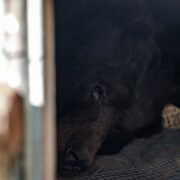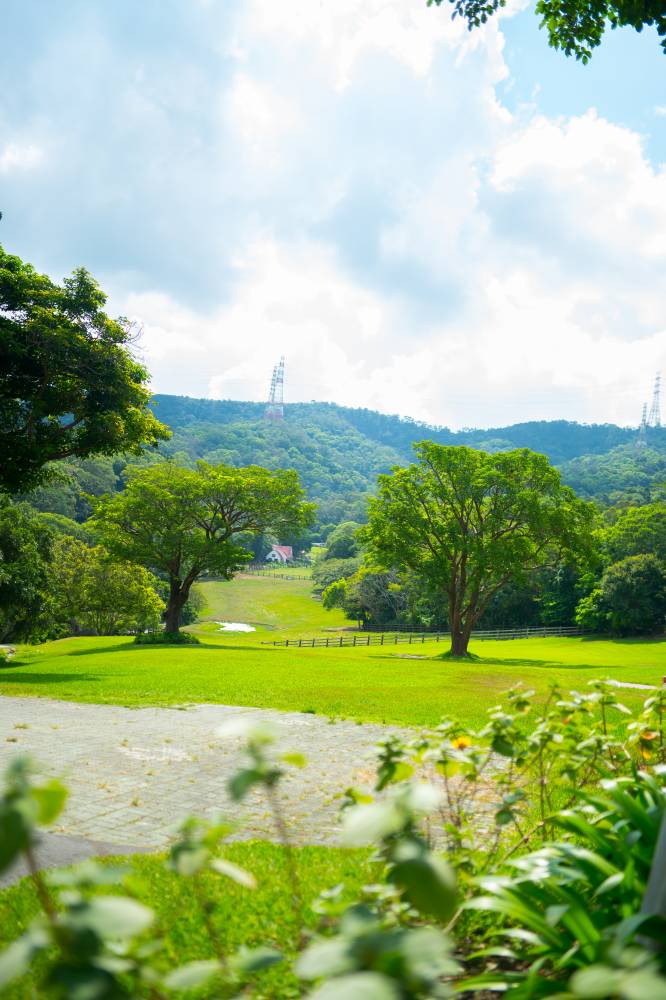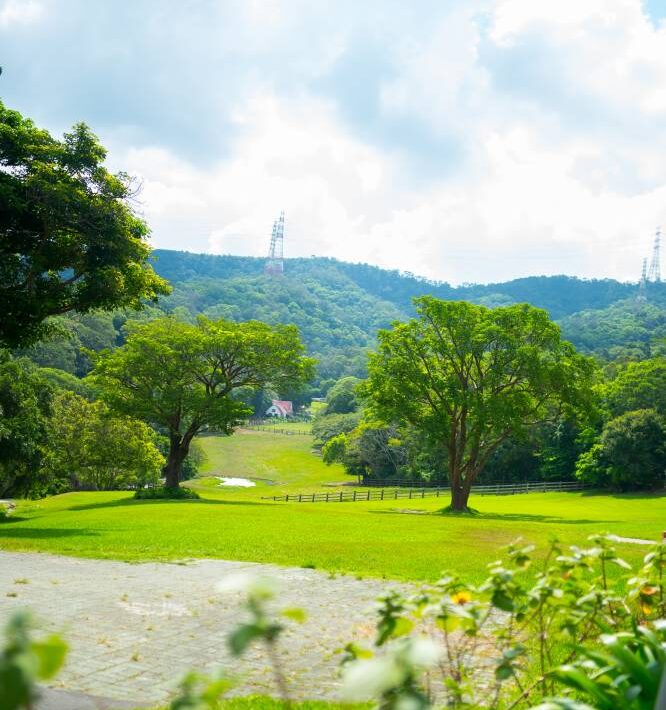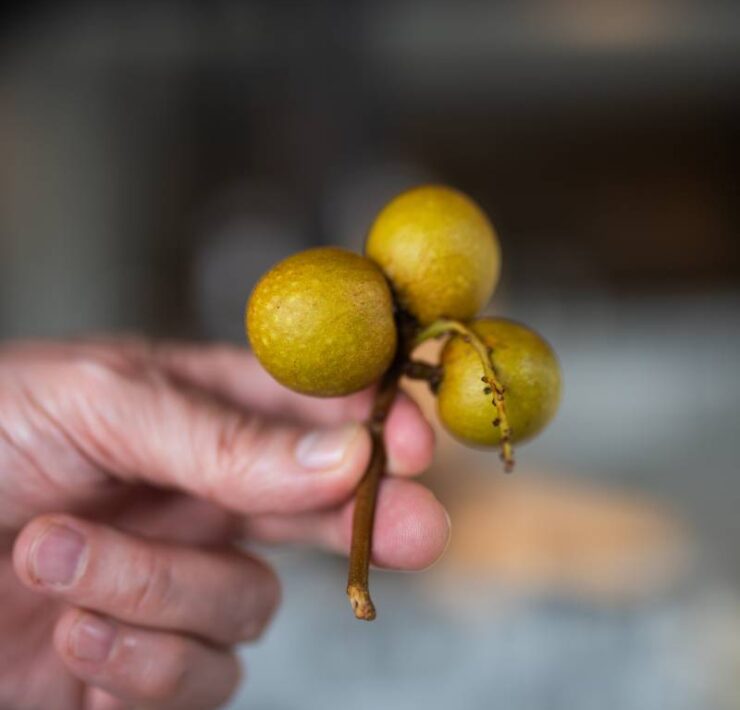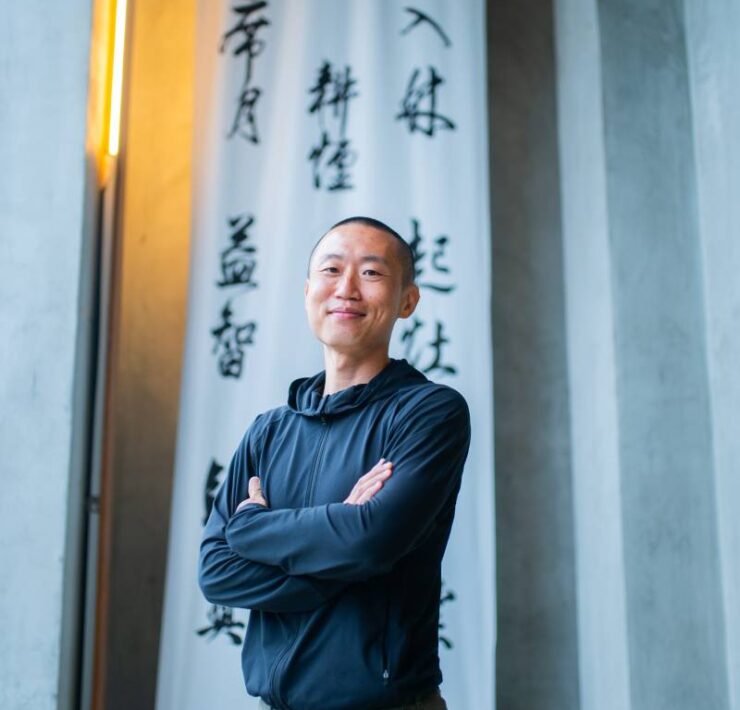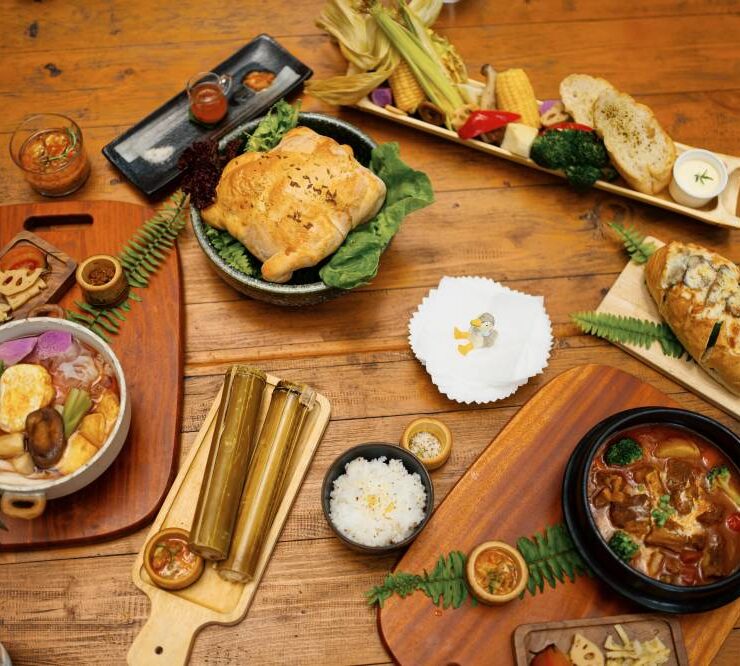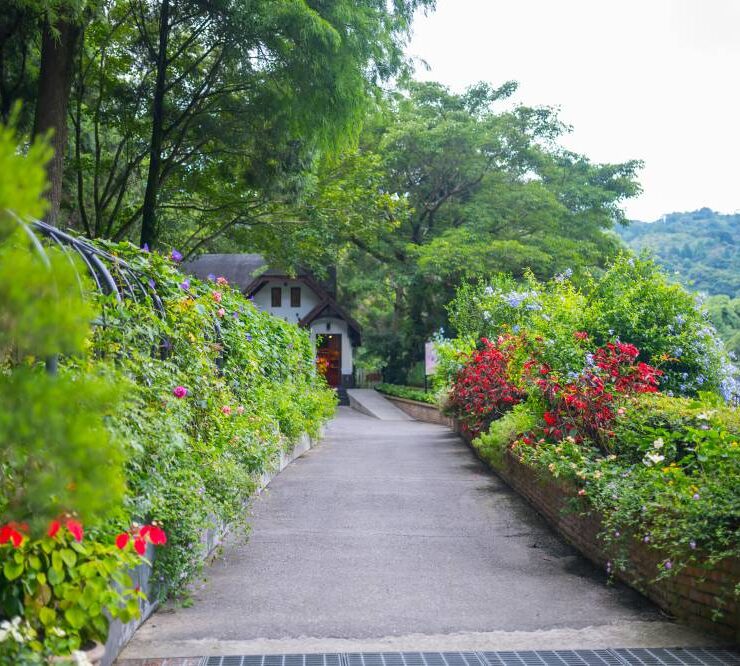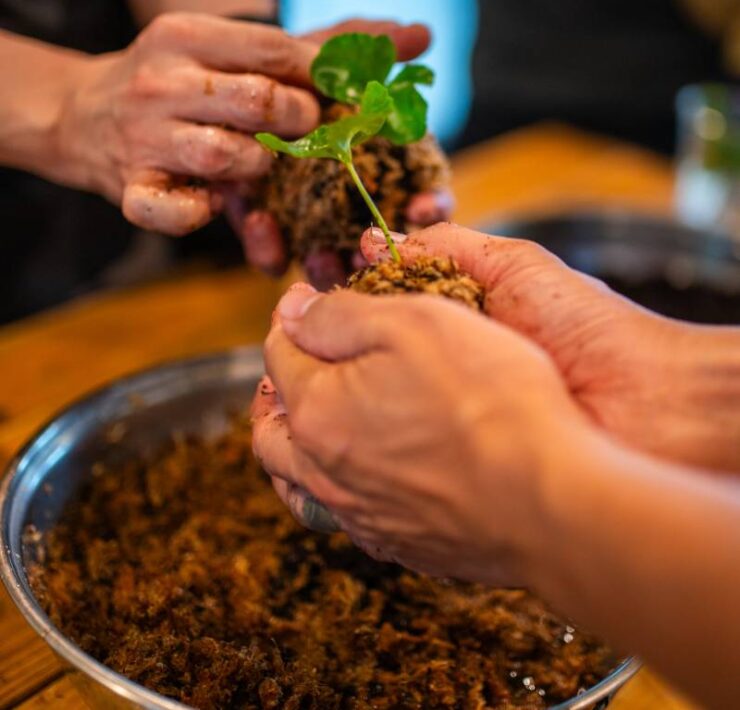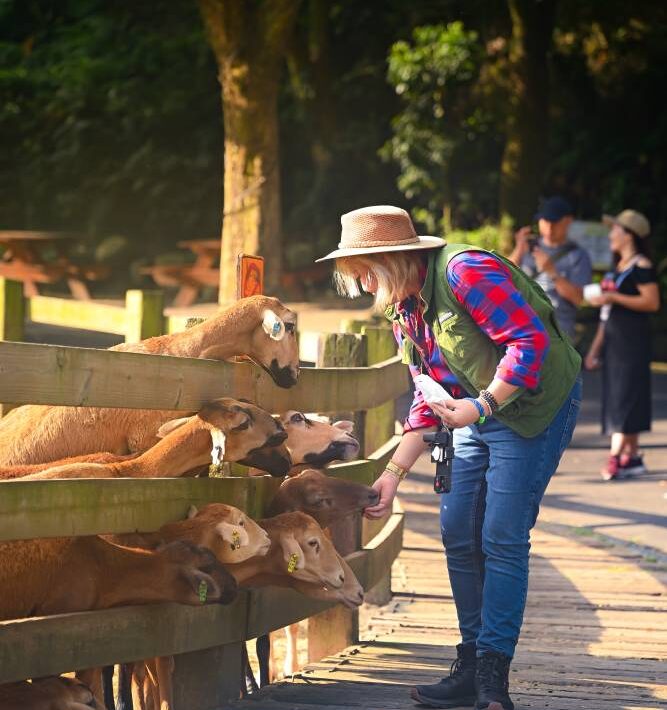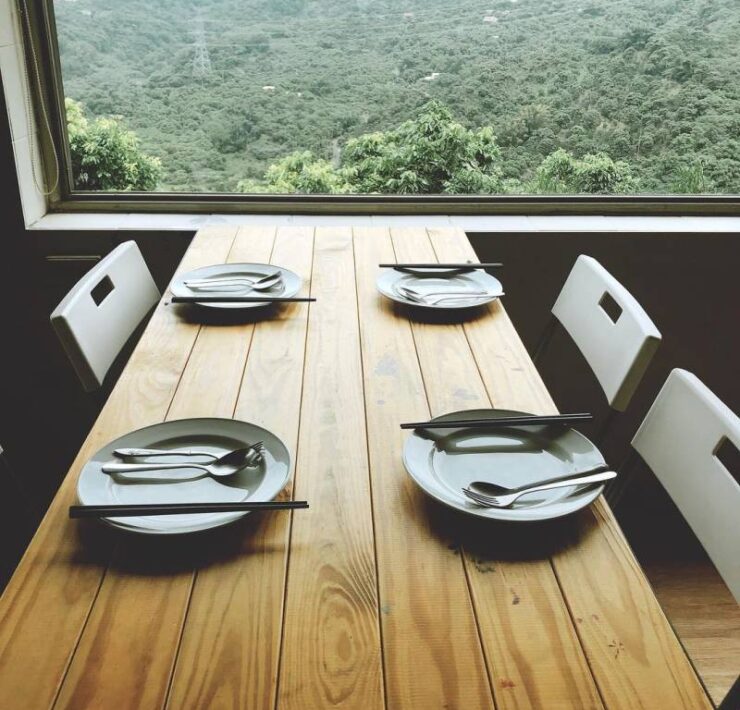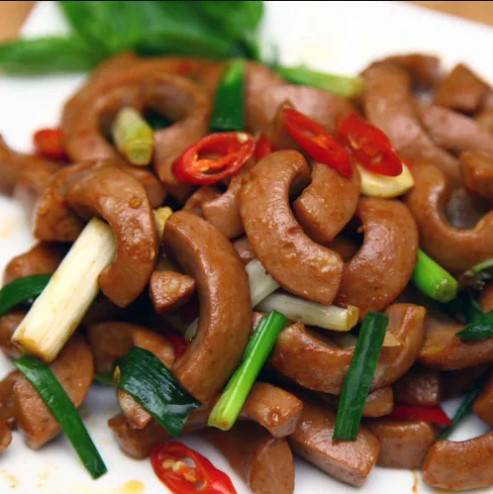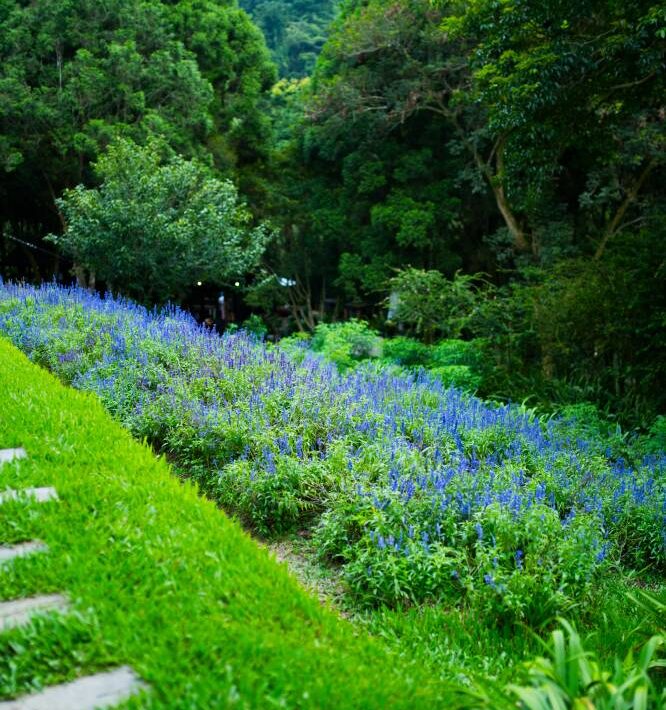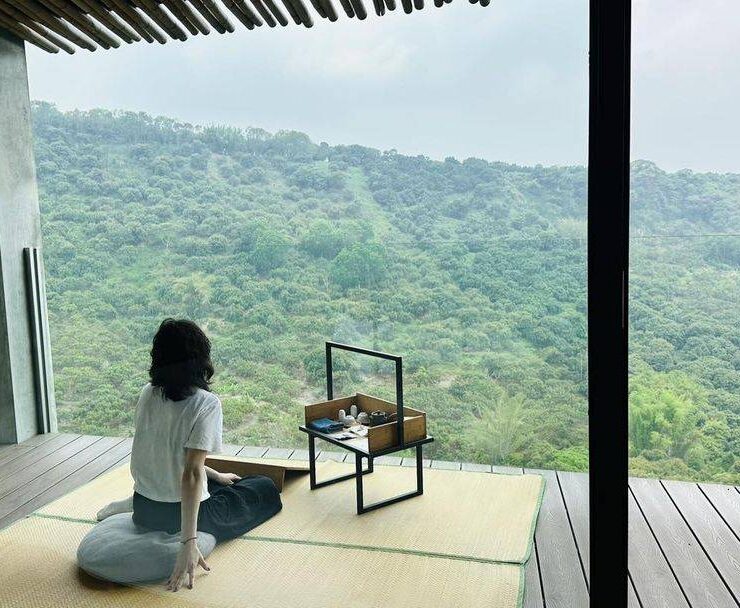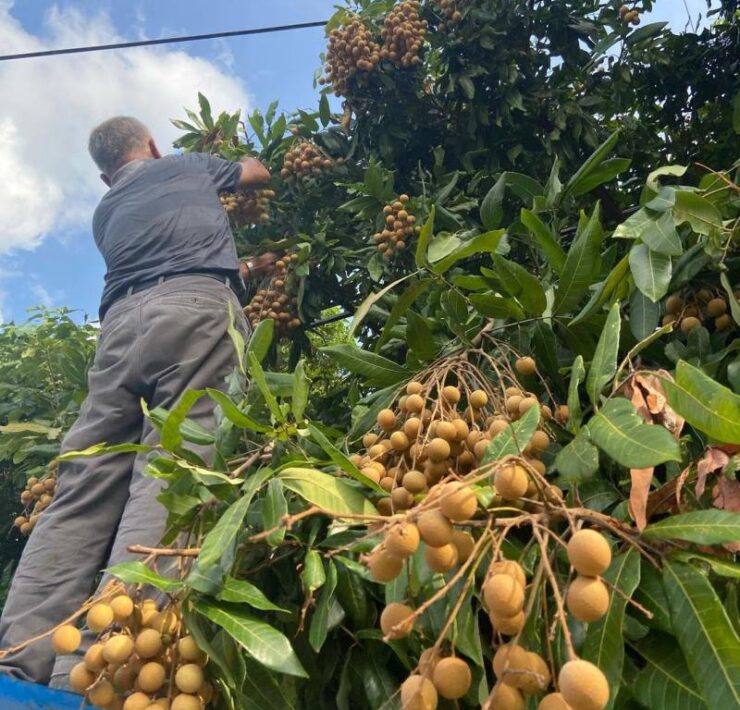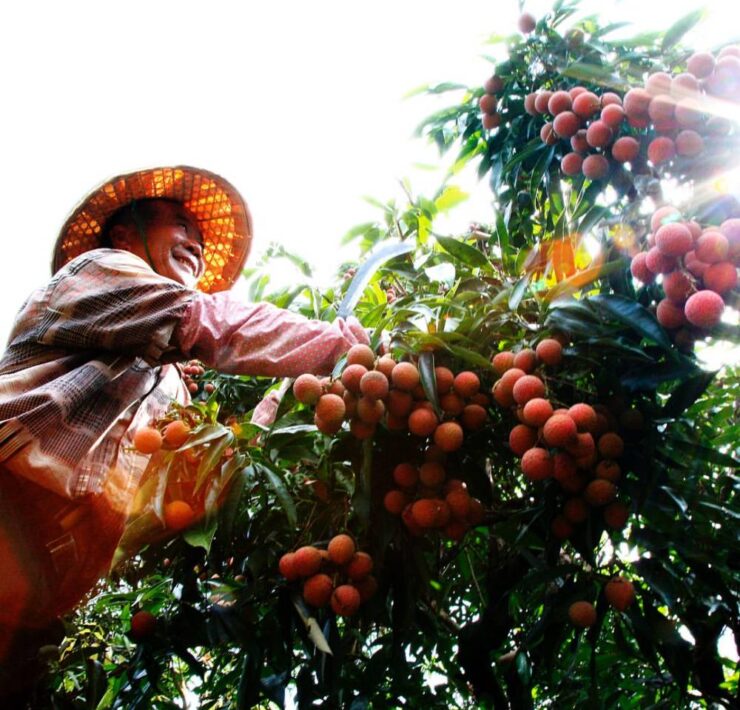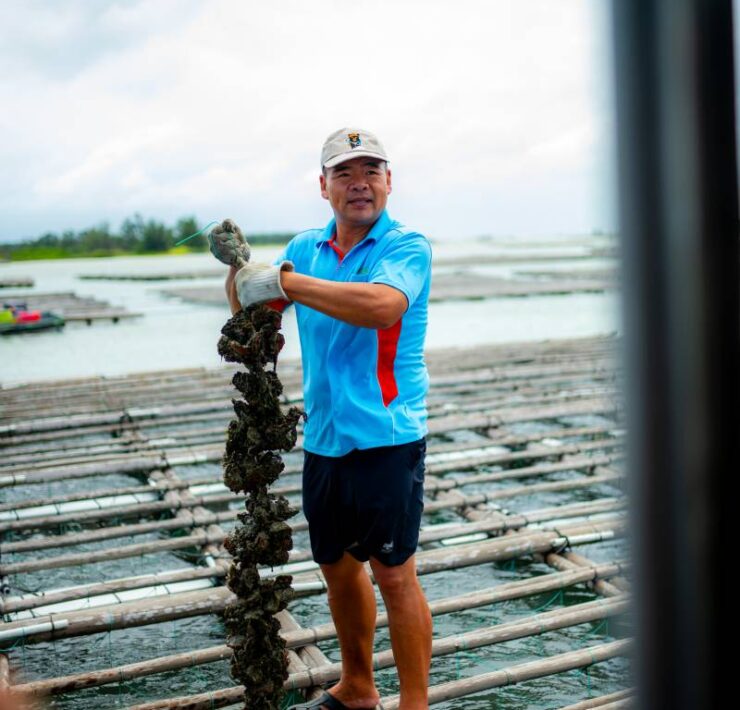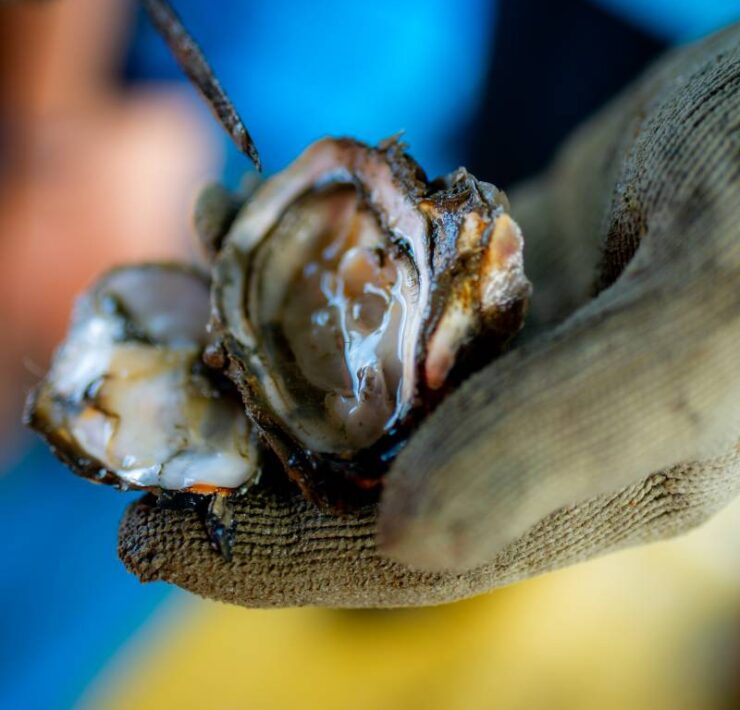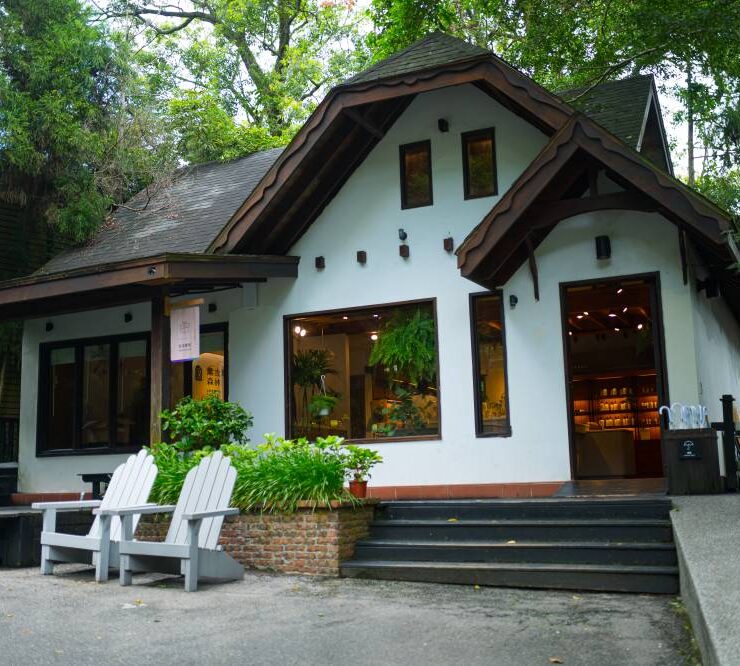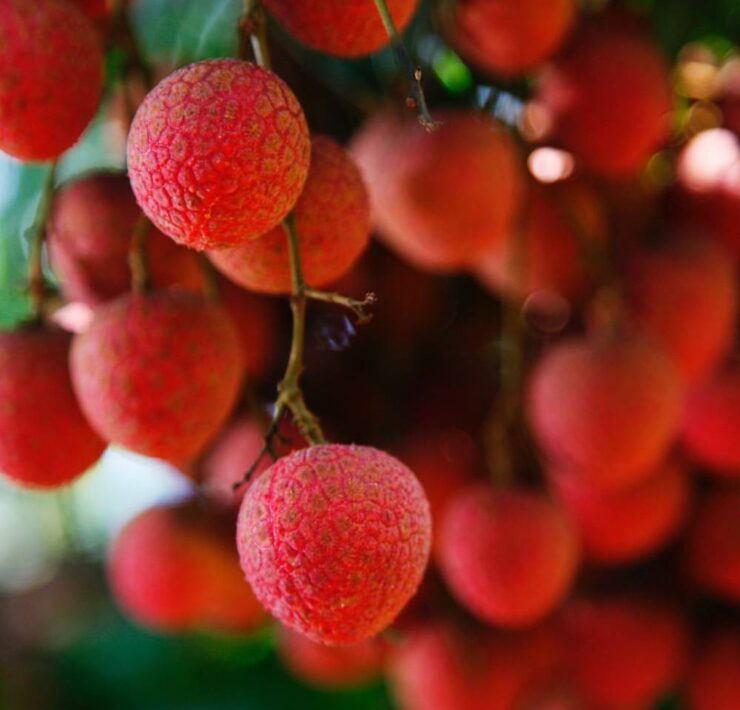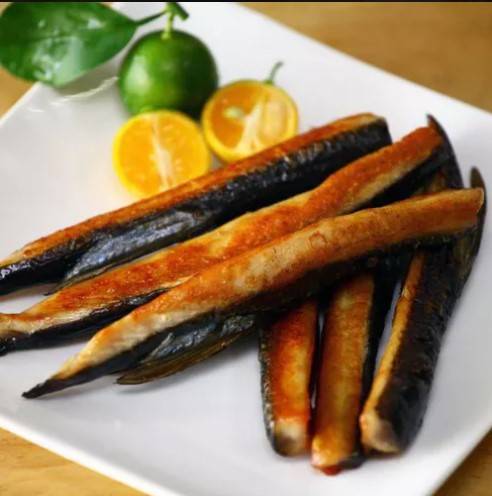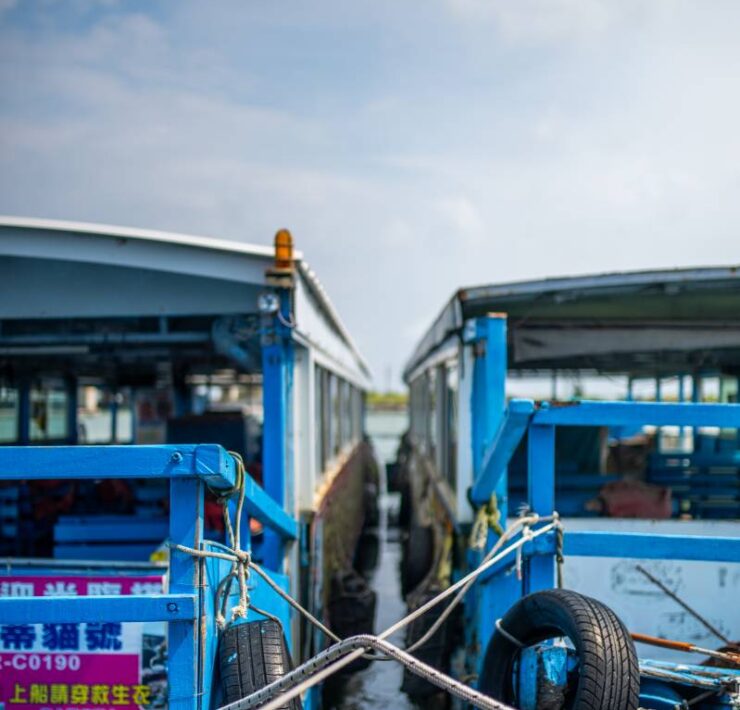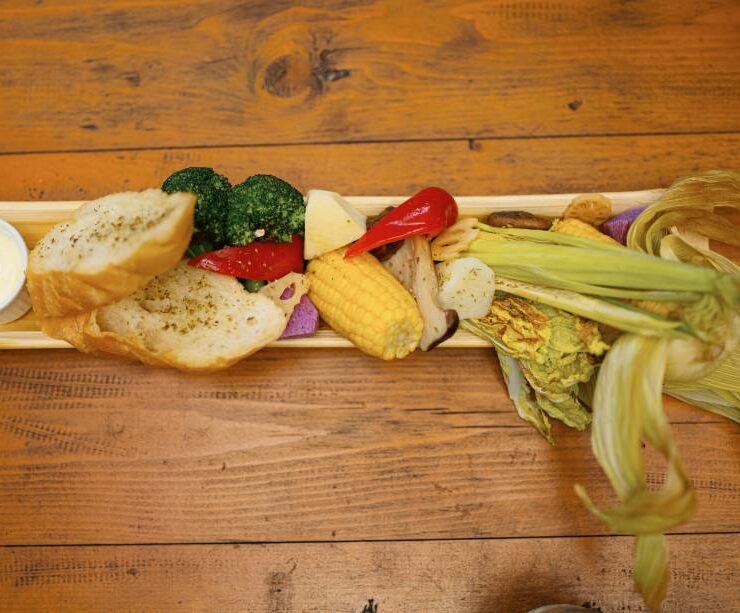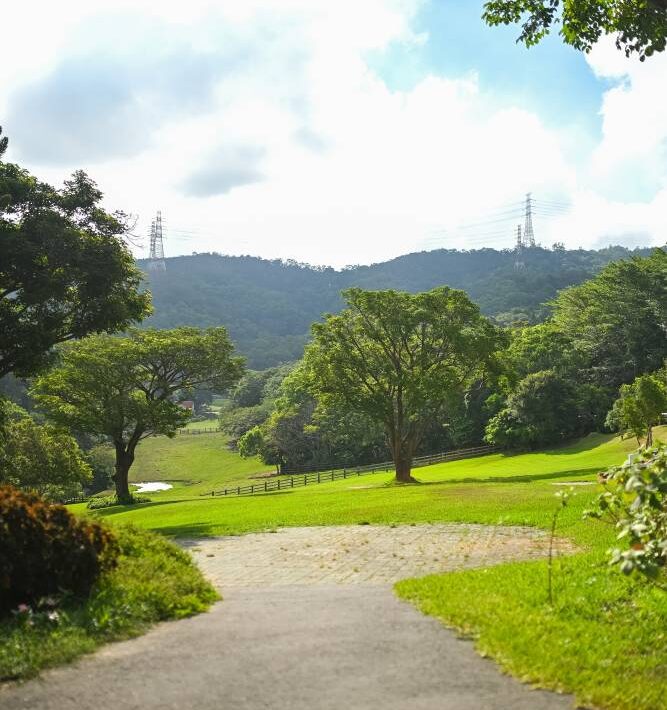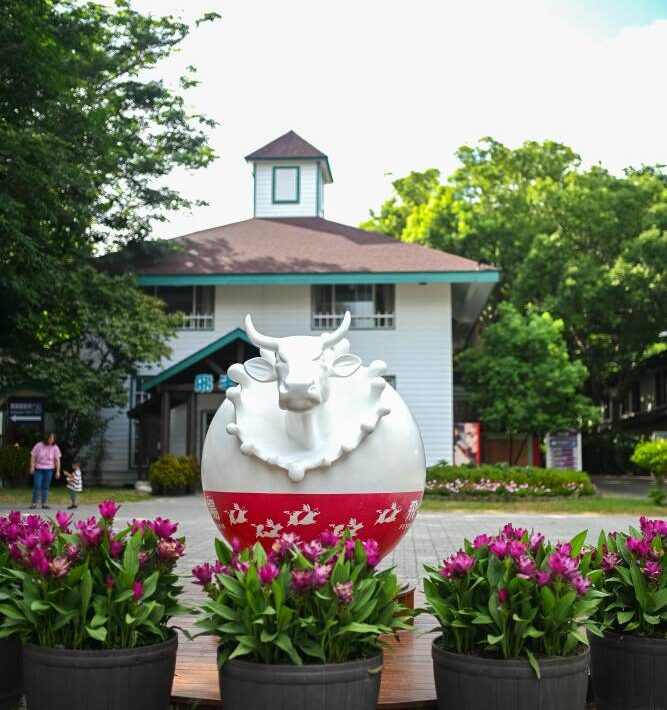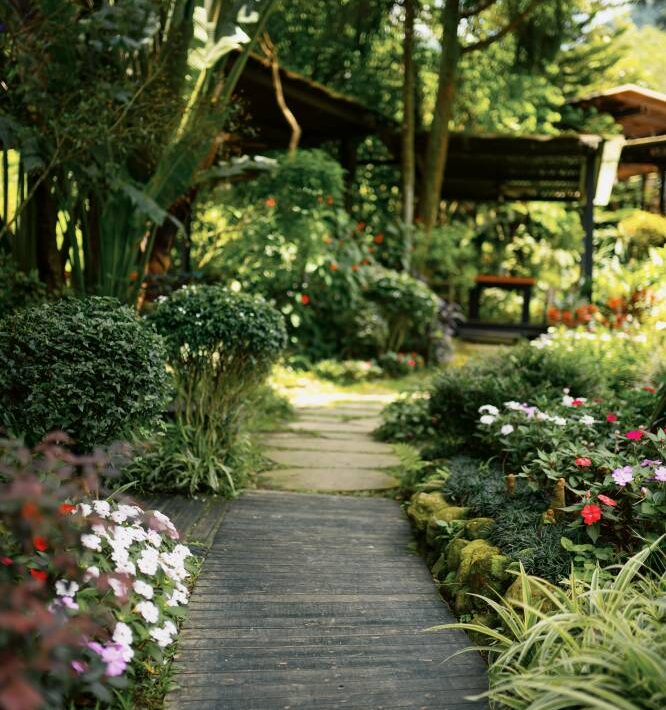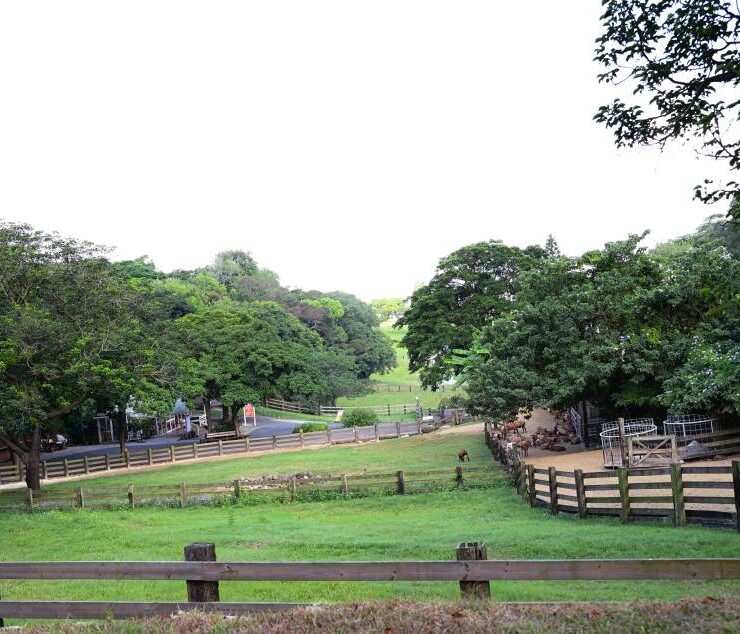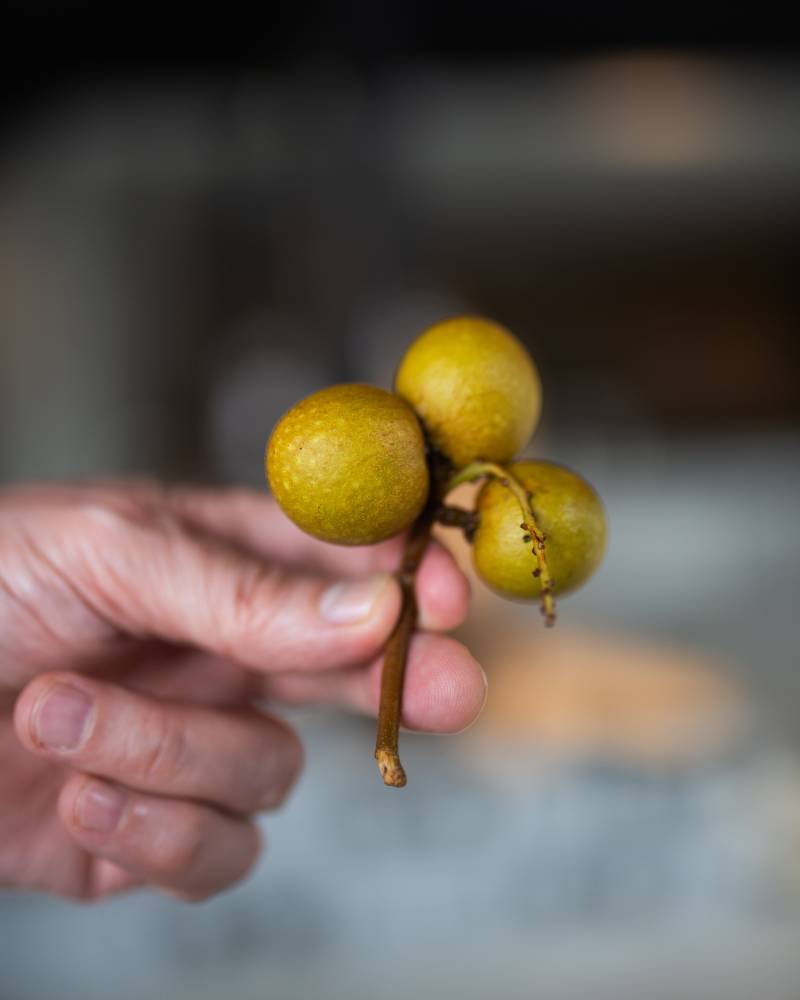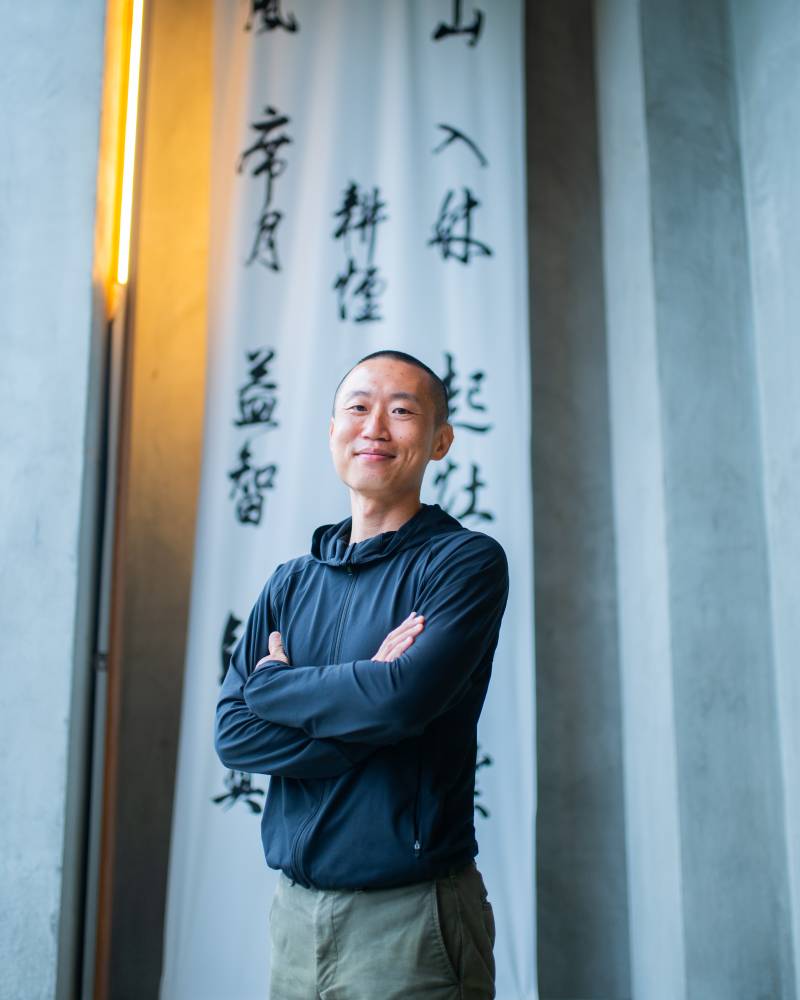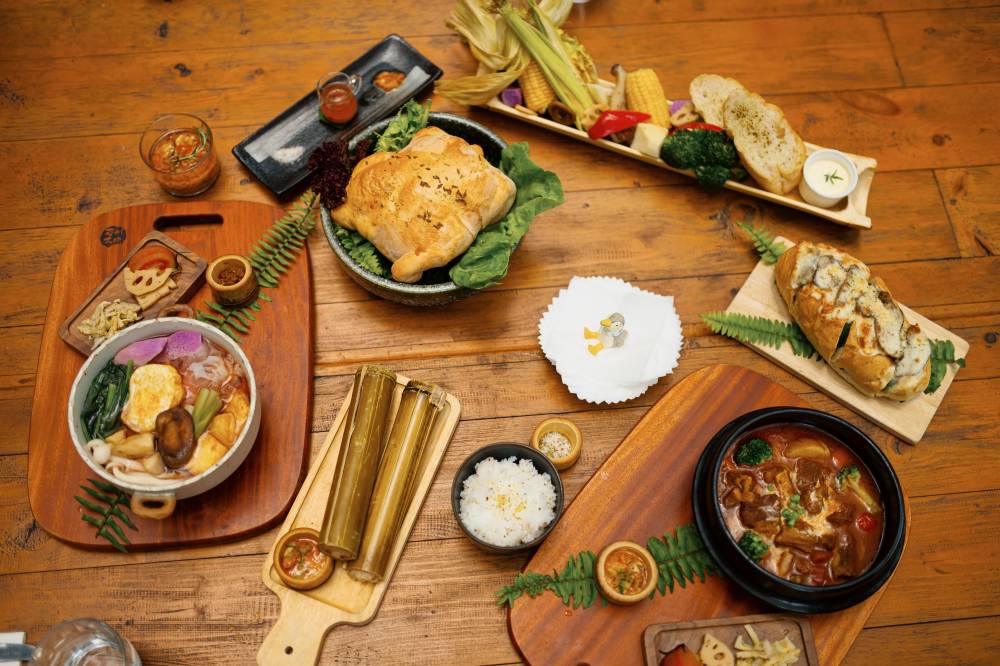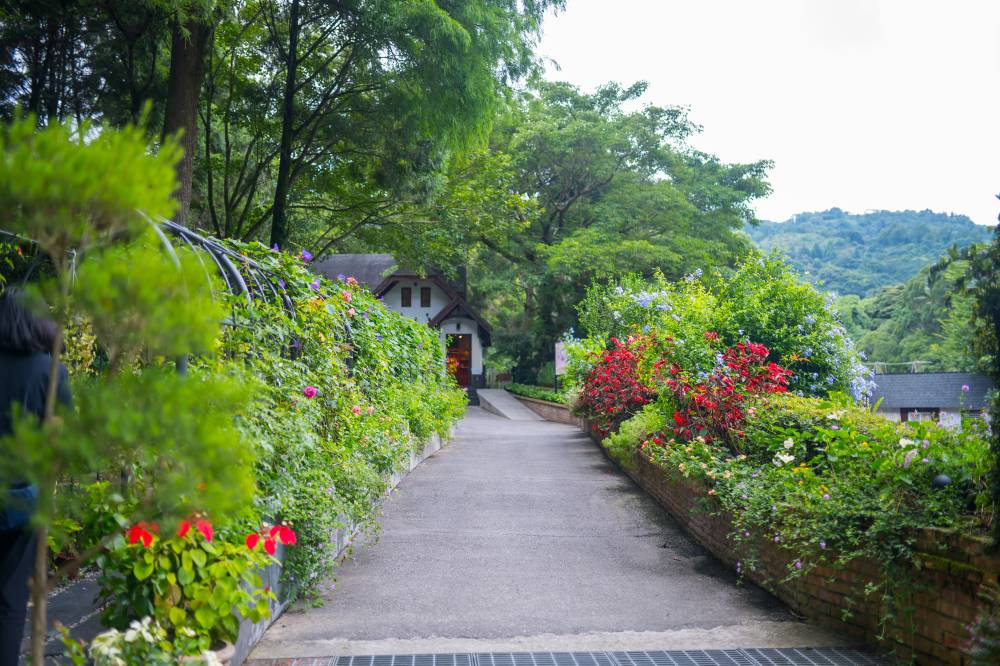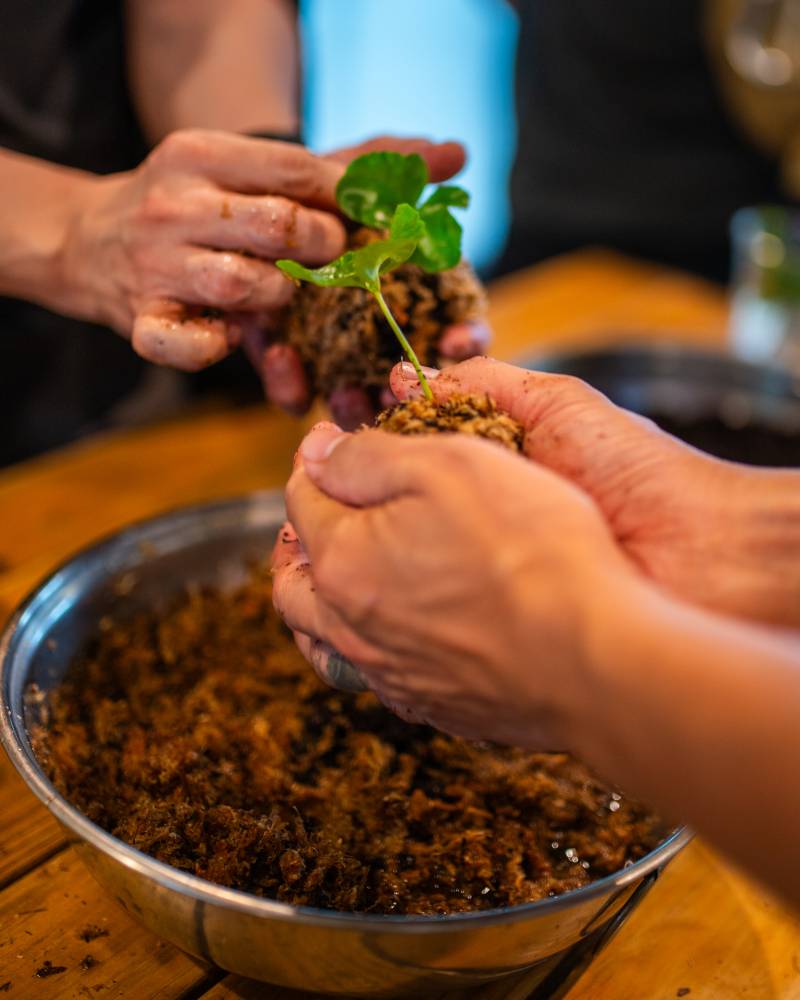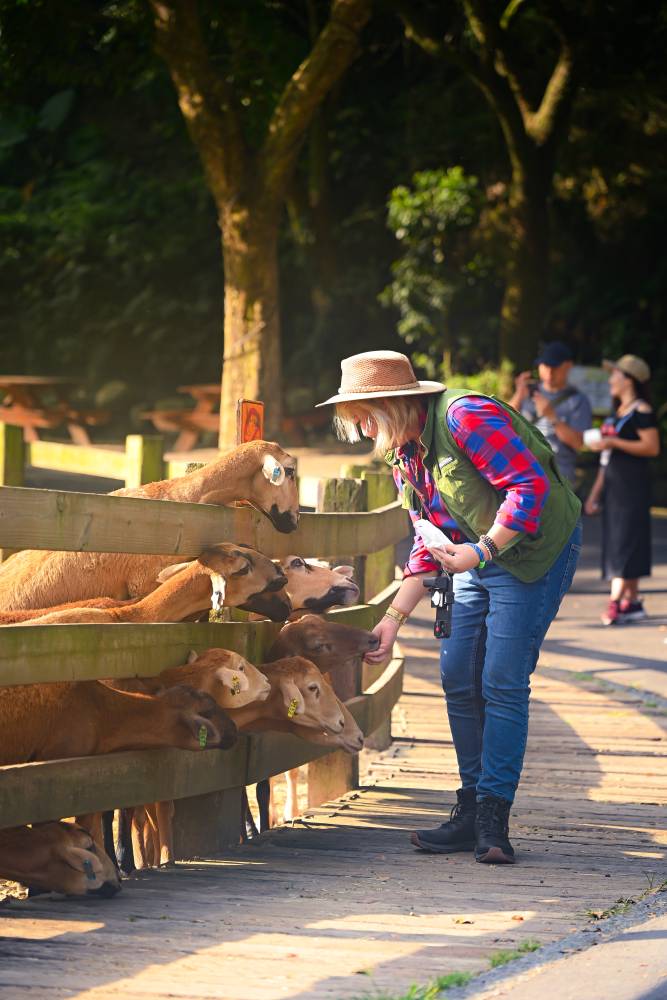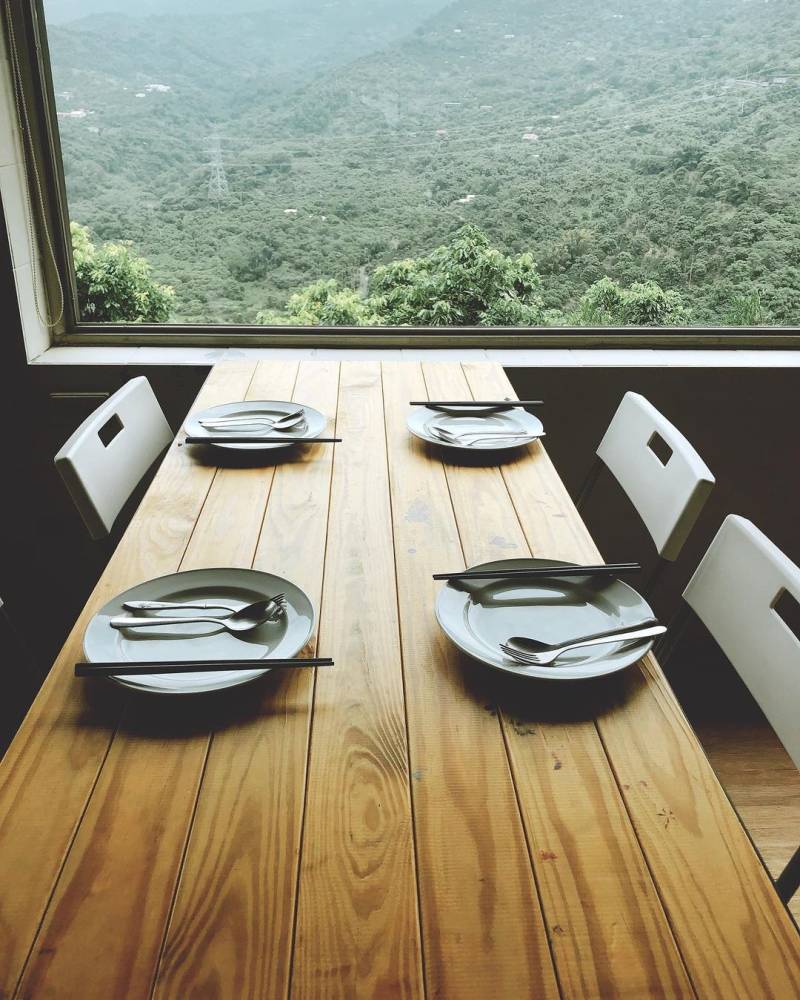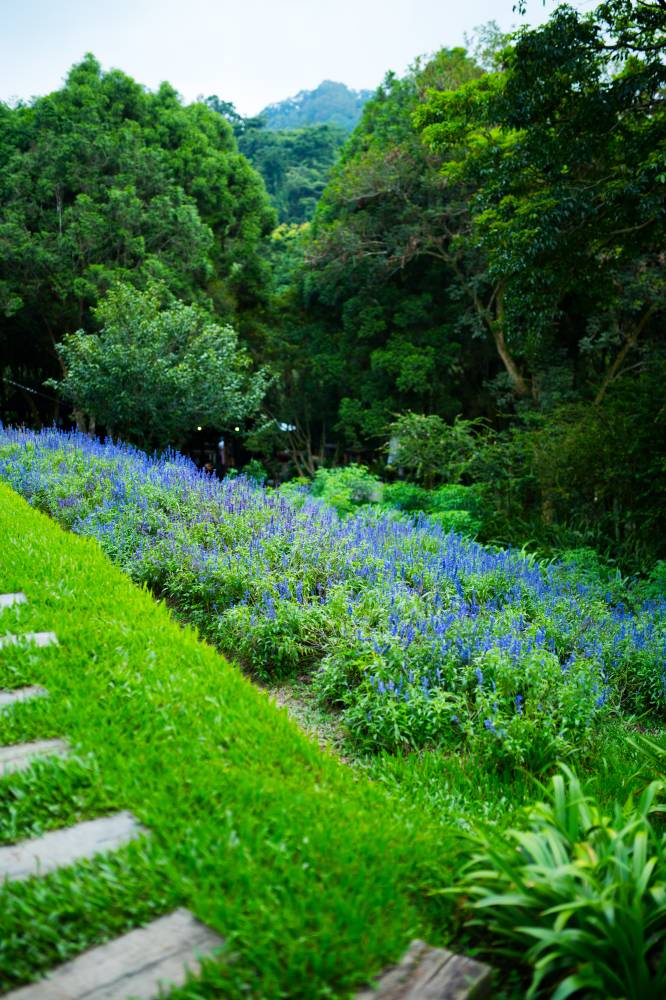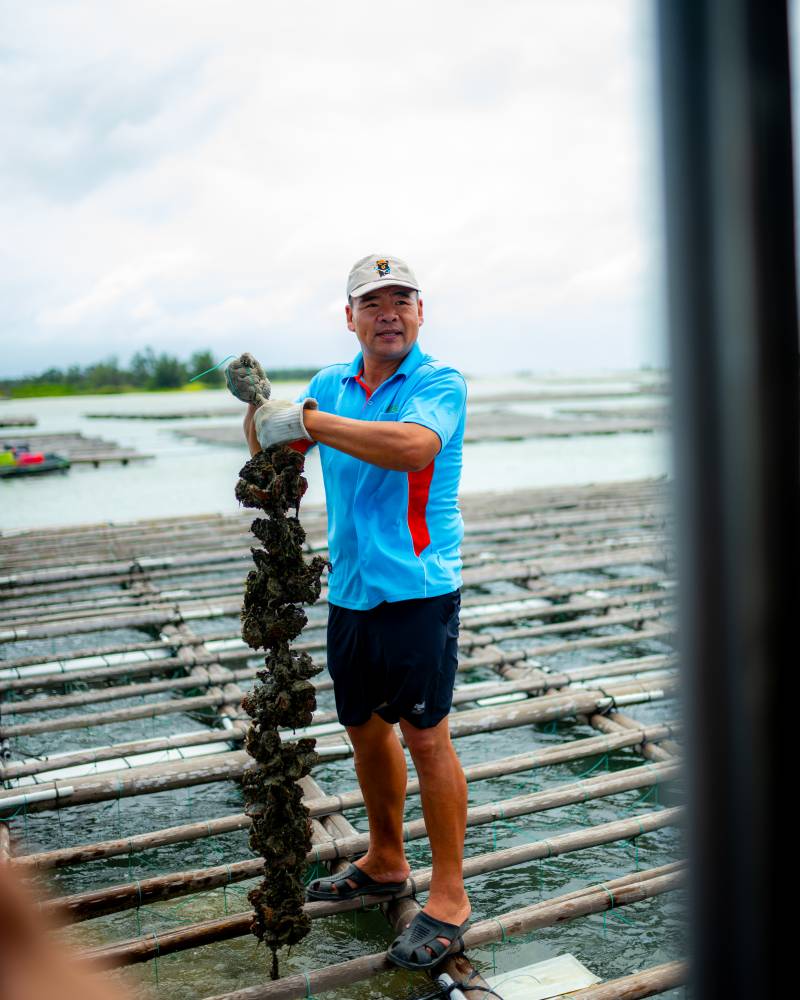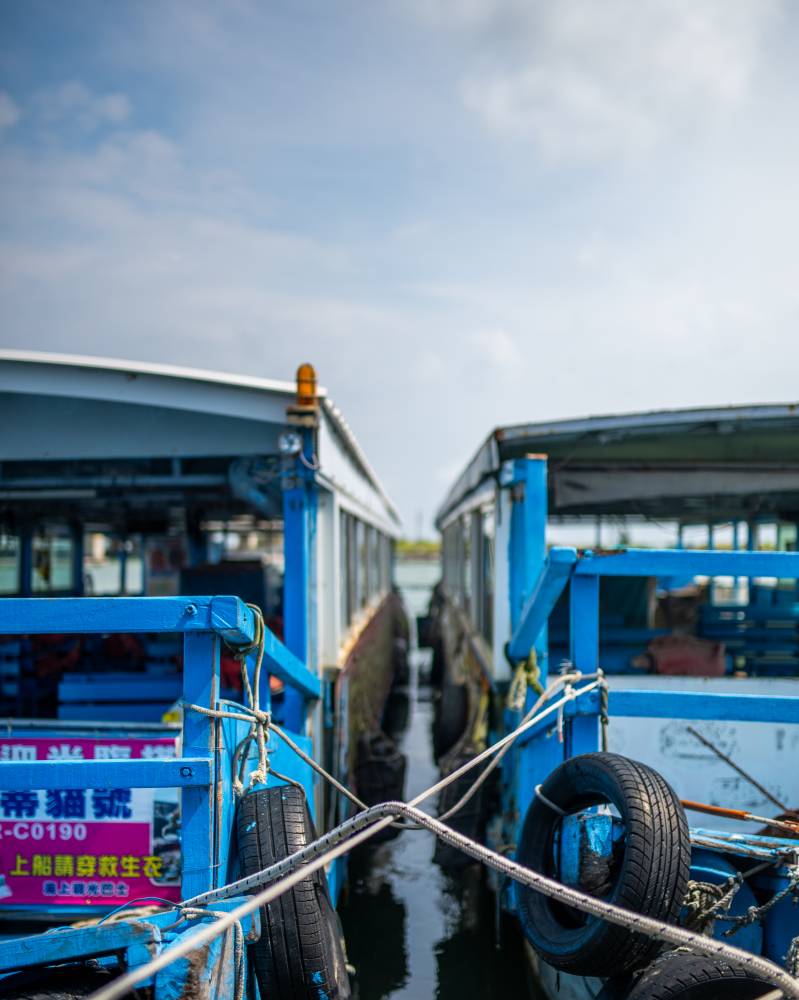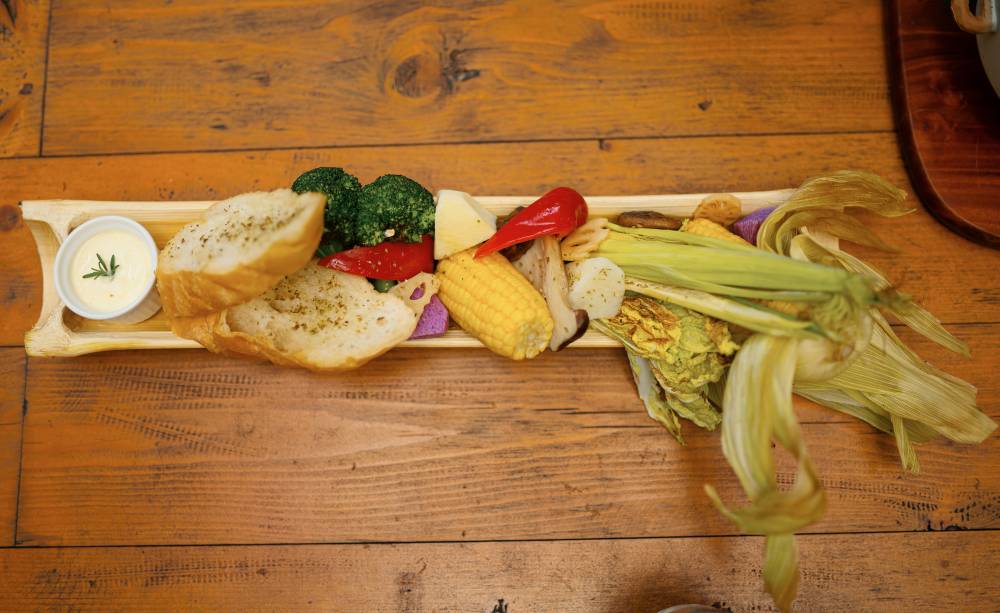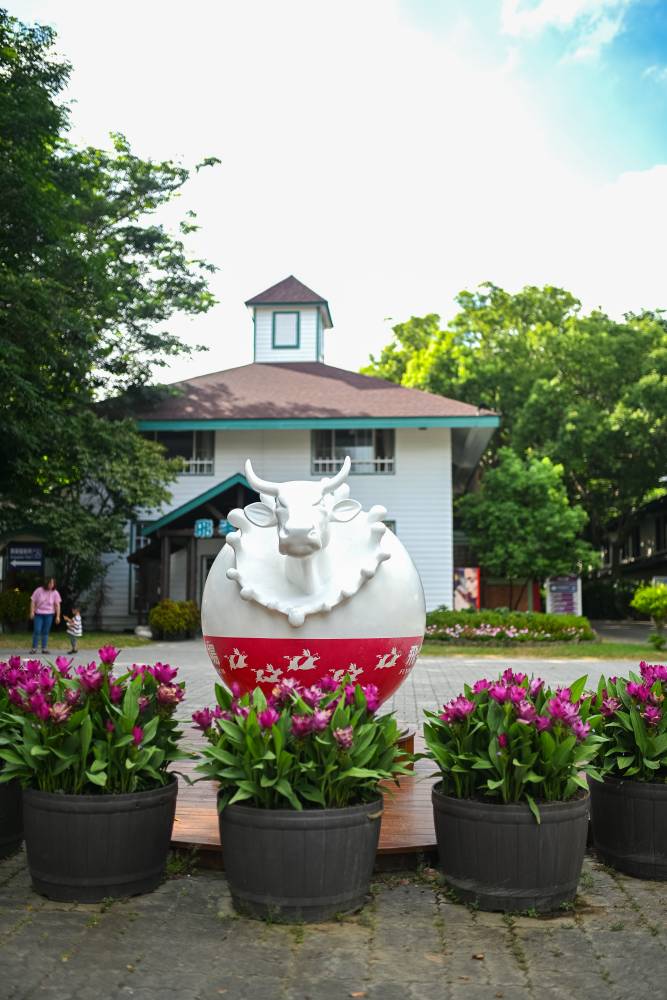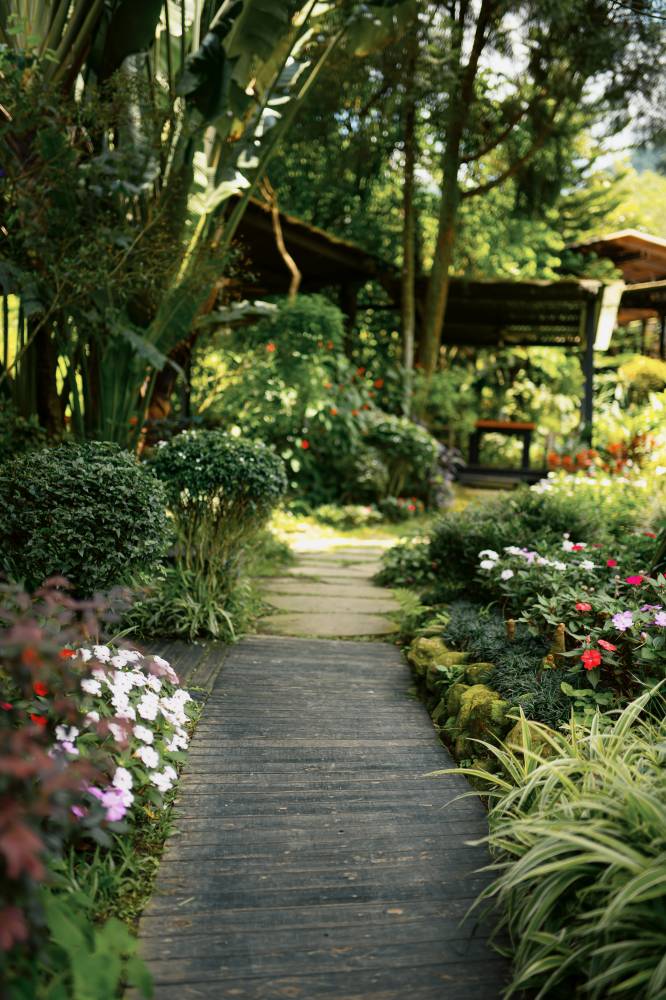Rediscover Taiwan through its leisure farms
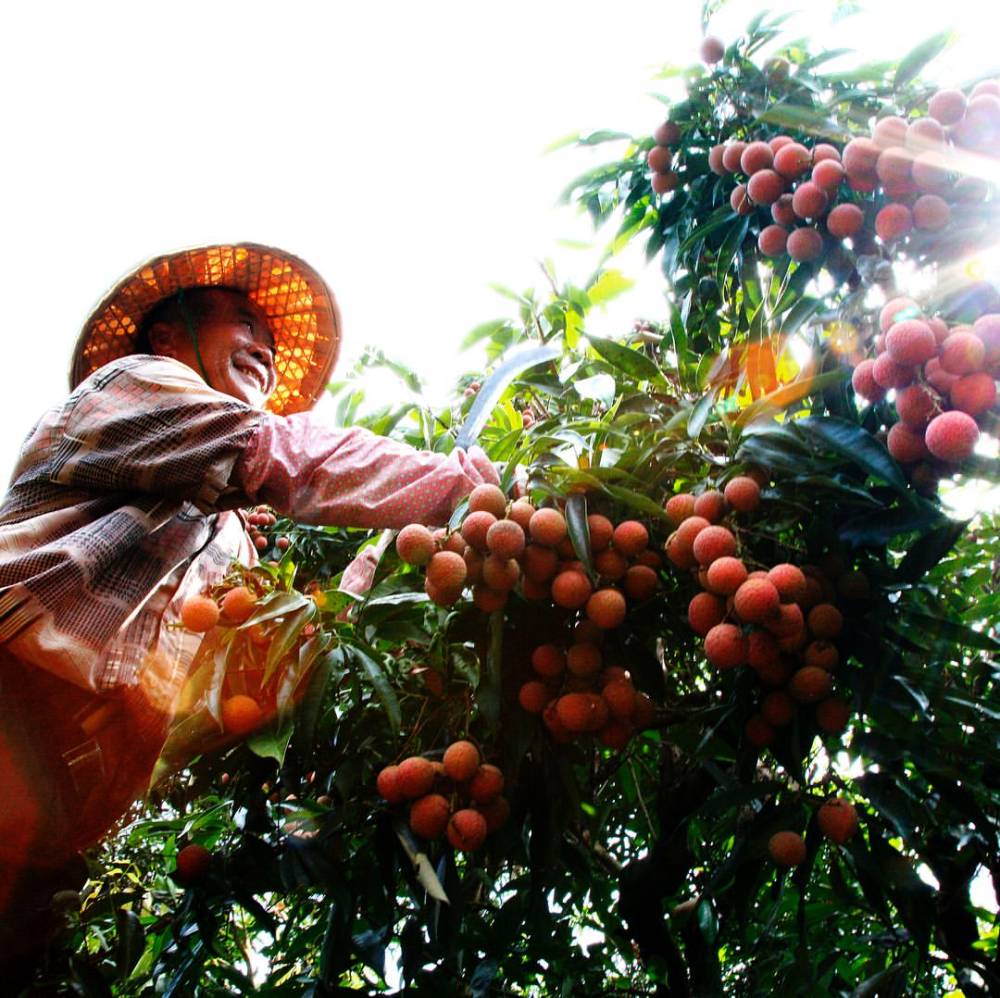
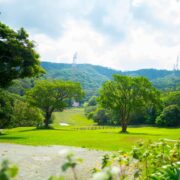
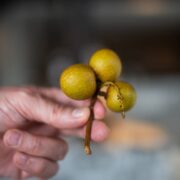
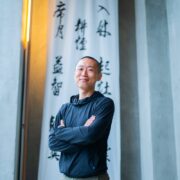
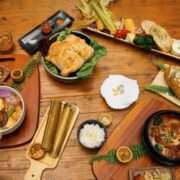 +21
+21 Rediscover Taiwan through its leisure farms
The longan fruit has long made its way to the ordinary Filipino fruit market, along with lychee, its more photogenic cousin. While Pinoy consumers may see the fruit only as a refreshing, exotic addition to their staple fruit basket, in parts of Taiwan, longan (Dimocarpus longan) holds historic and cultural significance that stretches back centuries.
In the Dongshan district of Tainan City in southern Taiwan, for instance, longan has long been revered as a superfruit. The forebears of the county’s current residents settled in the area around 200 years ago and began harvesting the fruit of the longan trees that grew wild in the forests and mountains surrounding the valley. They learned how to preserve and “bake” the fruit for their sustenance during the winter months, by delicately heating it for days on earthen ovens fired up by wood from the same tree, the resulting brown to black flesh of the fruit then consumed as a snack, as a key ingredient in local dishes, or as a hearty tea for well-being.
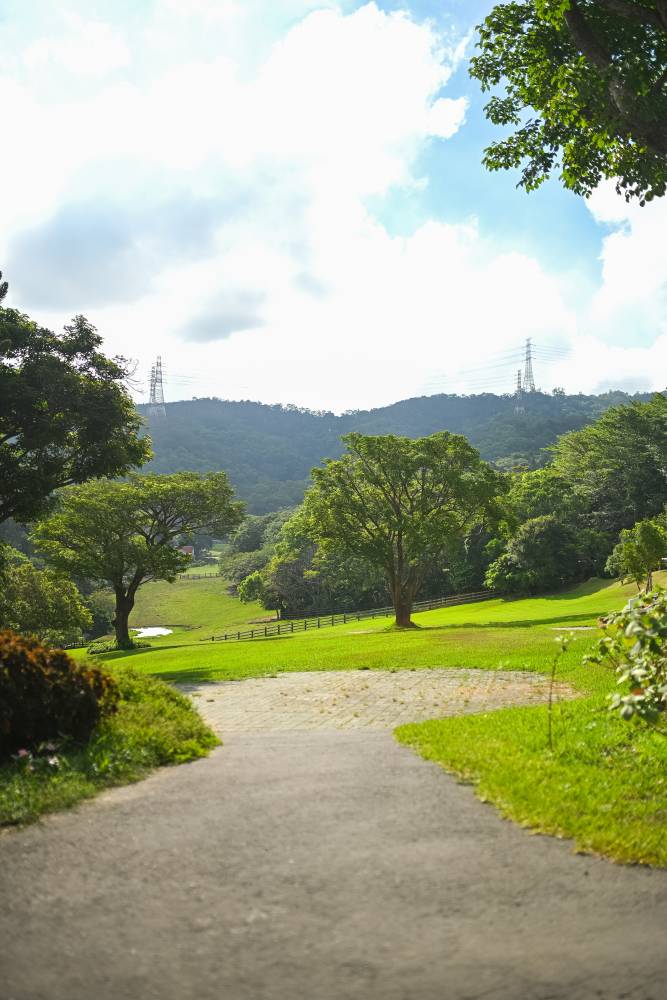
The harvesting season itself became a traditional community activity, with families in one district trooping to another area to help neighbors gather the bounty. Today, that tradition is still preserved and passed down to younger generations in Dongshan. In particular, a local agritourism farm has taken up the mission of celebrating and preserving the history, tradition and community spirit the residents have formed with the precious longan fruit.
Modern-industrial accommodations
The Fairy Lake Leisure Farm sits on a mountain peak that offers a sweeping vista of the verdant longan forests around it and the plain below. On certain days, mist blankets the rolling landscape, hence the farm’s “fairy lake” name.
But the farm’s accommodations are anything but quaint and basic: Its hotel, the centerpiece of a 52-hectares property planted to longan and other trees and plants, is a sprawling modern-industrial affair with rooms designed as spacious, homey wood-and-concrete cabins with cavernous glass windows that bring in the panoramic views outside. The room key cards are small blocks of wood inserted into wooden slots—a nod to how the earthen ovens of old were sealed to start the heating process for the harvested longan.
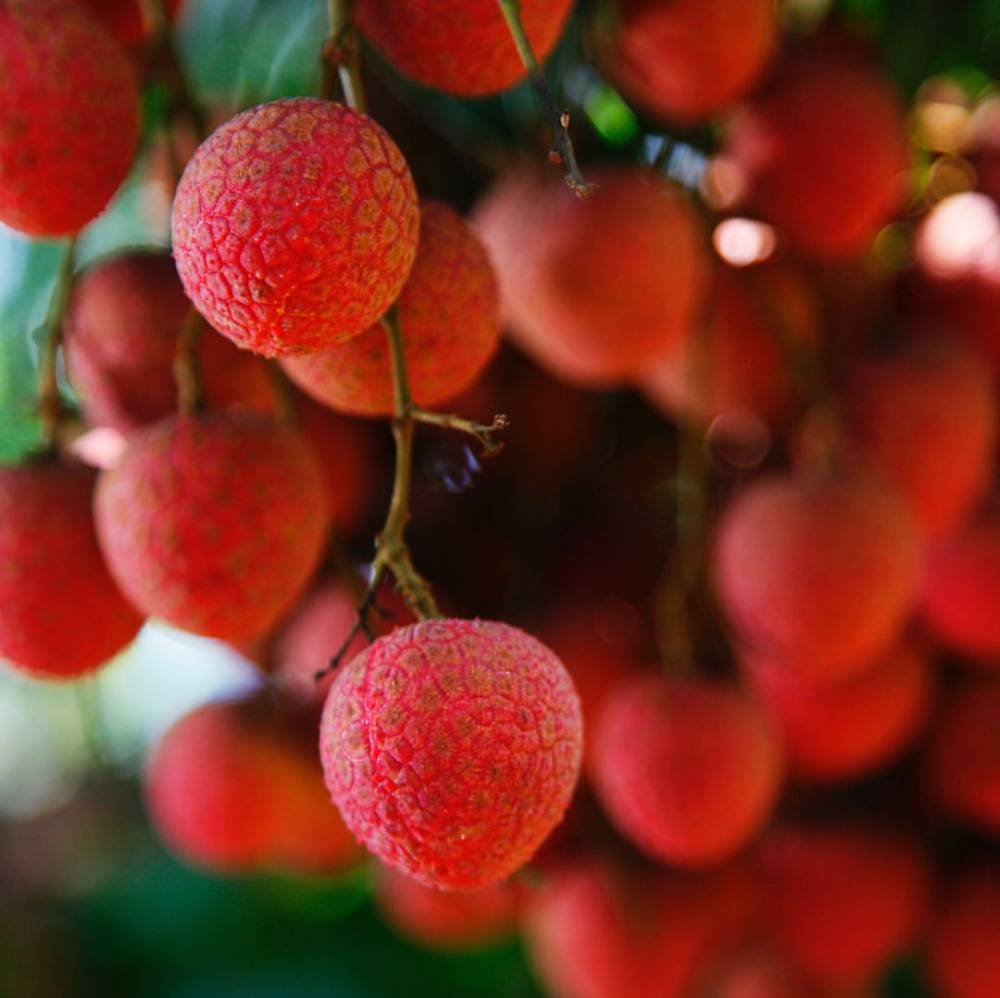
Strong Wu is a descendant of the family that has lived in the area for six generations. Their hotel offers visitors not only a respite from urban cares, but also a glimpse into the indigenous farming and agricultural traditions that have sustained this corner of Taiwan for centuries. Wu, 41, who had worked in the military before returning to his roots, transformed an open-air hallway of the hotel into an outdoor contemporary museum of installations and abstract art tracing his hometown’s ancient bond with the longan tree and fruit.
During harvest season in July to August, farm visitors can participate in that community tradition by helping gather longan. They can also cook their own meals using vegetables grown in the property, savor the coffee that, along with longan and honey, are the farm’s main products, plant their own longan saplings, simply luxuriate in the relaxing emerald scenery, or sweat their stresses away by tramping all over the farm and taking in the bracing highland air.
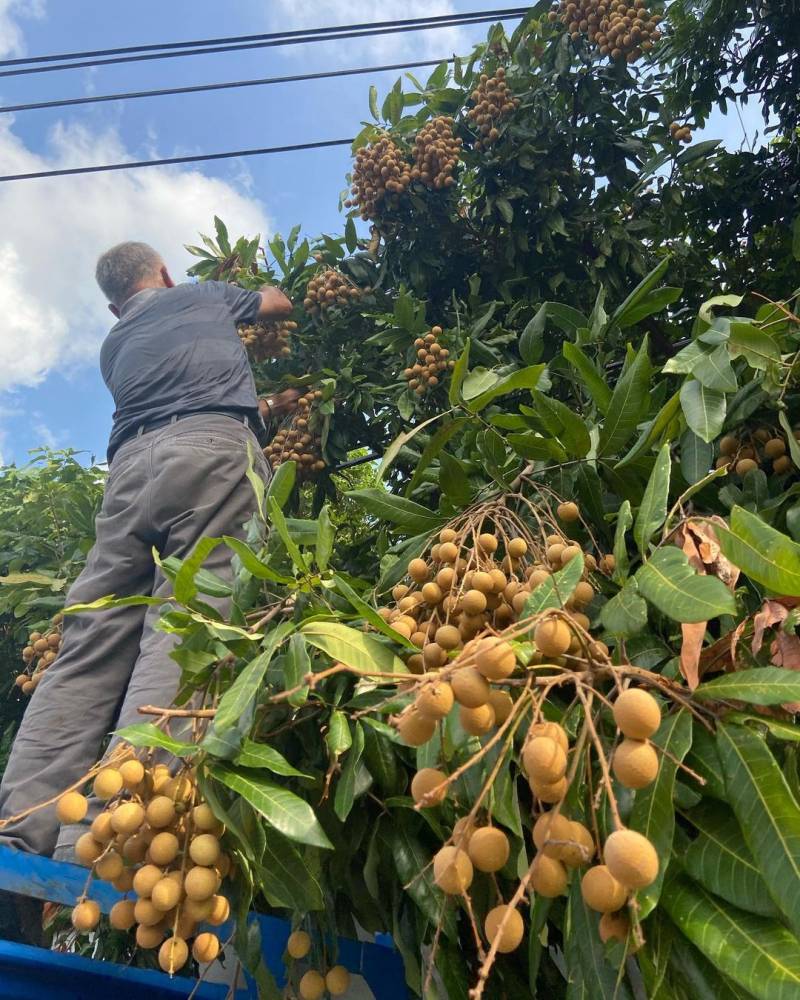
Gov’t accredited
The Fairy Lake Leisure Farm is just one of some 300 similar agritourism farms that now dot the map of Taiwan, helping revitalize its countryside while also driving up tourism and local livelihoods. The leisure farm sector is fully supported and promoted by the Taiwanese government, as seen in the first-rate system and infrastructure backstopping these developments, from official accreditation for industry best practices to excellent roads even in the most rural areas, to reliable Internet connectivity and sustained marketing initiatives to lure in local and international visitors.
The come-on, as it were, could be as simple as herbs and flowers, such as with the Lavender Forest farm in Taichung City. Inspired by the sight of lavender fields in Provence, France, two sisters bought and developed this hilly property in their village to host a variety of herbs, flowers and greenery and, in time, to recreate for visitors a taste of the charming, leisurely country life.
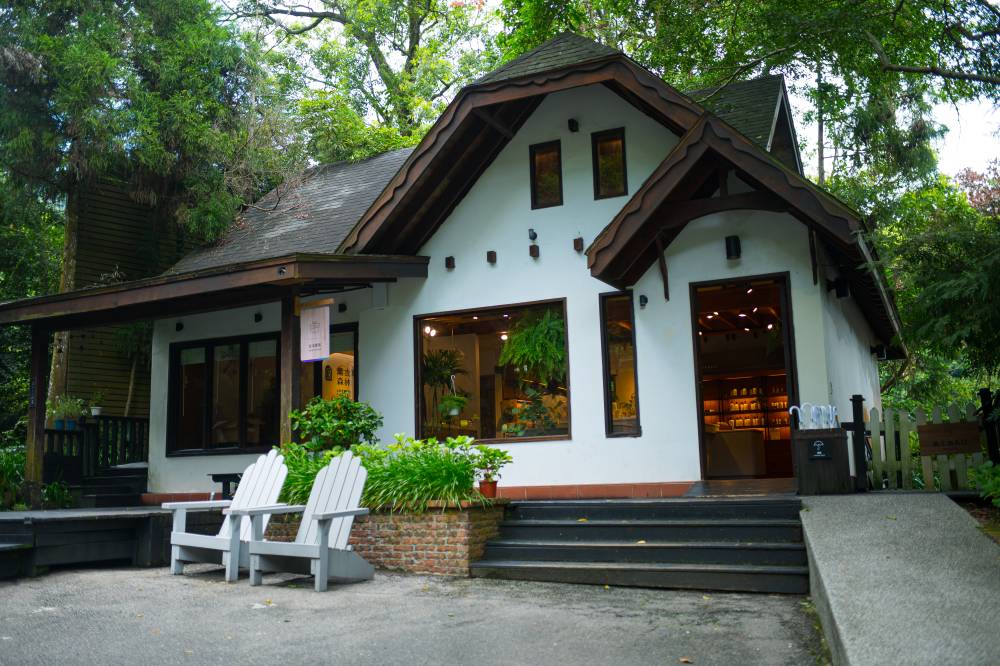
Tourists who come to the farm delight in its colorful gardens and terraced flower fields, before enjoying a homegrown lunch spread at the cottage restaurant featuring herbs, lavender and other plants ingeniously woven into the dishes.
The profusion of flowers has also allowed the farm to produce perfumes, essential oils, skincare products and more. Among other activities, visitors may see how the essential oils are extracted, or spend an afternoon creating their own salt vial souvenirs by grinding Himalayan salt with mint, thyme, sage, basil, cumin, rosemary and other fragrant herbs.
Since part of the land is the result of successful reforestation, the farm is also touted as a showcase of how conscientious agritourism can restore the health of once-neglected or unproductive areas of the countryside.
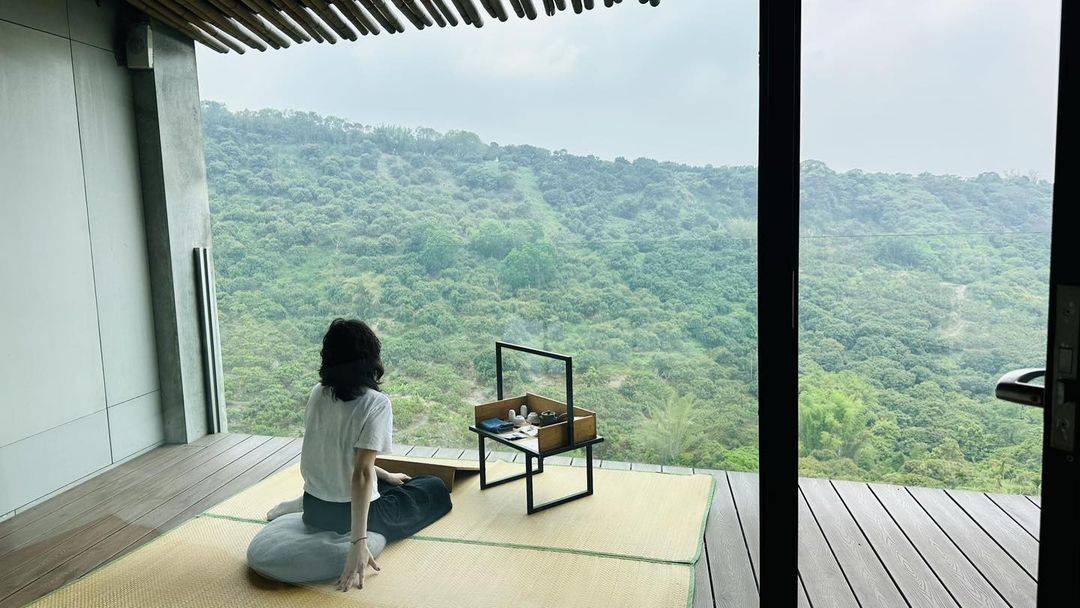
400,000 annual visitors
A different vibe is offered by Flying Cow Ranch, one of Taiwan’s pioneer leisure farms, located in Miaoli county. Originally founded in the 1970s as a dairy farm for livestock production, the American-style ranch eventually became a recreational leisure farm that now attracts some 400,000 annual visitors, locals and foreign tourists alike.
Whole families hie off to the farm on weekends and holidays to bask in its lush green meadows bordered by picket fences, enjoy a hot pot meal with fresh cow’s milk, or learn how to make ice cream, yogurt and other dairy products. Children, in particular, find wonderment in activities such as feeding calves and goats and milking cows—for many urban kids, perhaps their first time to see the origins of the bottled milk they can buy anytime in the city.
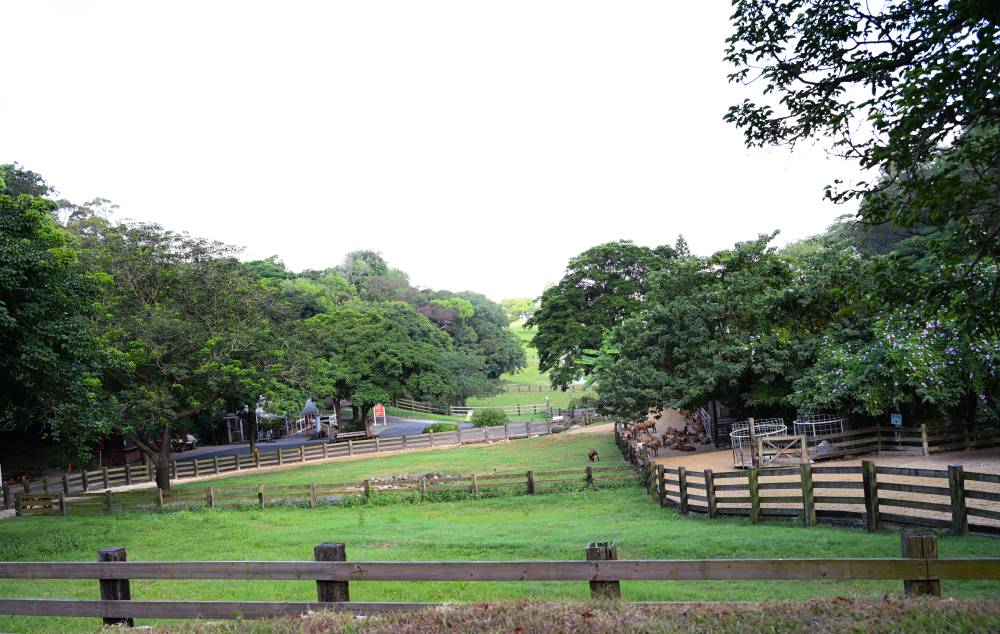
Those with a hankering for the sea are not left out, Taiwan being surrounded by abundant waters with many islets and sandbars. The Budai Sea Bus in Chiayi county allows for sightseeing and recreational activities in the country’s western coastline, where visitors may also see up close a thriving local industry: oyster farming.
After dining on a seafood feast of shrimps, fish, squid and oysters, visitors board a chartered boat that takes them to the oyster farm—essentially bamboo rafts floating in tidal waters that hold the oysters underneath. The boat captain hoists up a string of growing oysters to show how oyster breeding is done. The boat then proceeds to a small deserted islet with squishy black sand teeming with clams, shellfish and small crabs, for a restful stop amid sea breeze and warm, gentle waves lapping the islet. During peak harvest season in summer, visitors may also hold their own oyster barbecues.
Reinvention
Taiwan’s aquaculture industry extends to other species such as bangus or milkfish, the star product of the famed Chang Ying Seafood House in Tainan City, which made it to the Michelin Guide Bib Gourmand list for 2022. All the innovative milkfish dishes offered in the menu—milkfish made into sausages, fillets, soups—are bred in the restaurant’s fish ponds, and to such rigorous standards that Chang Ying is the first restaurant in Taiwan to be certified by the European Union as serving nontoxic milkfish dishes.
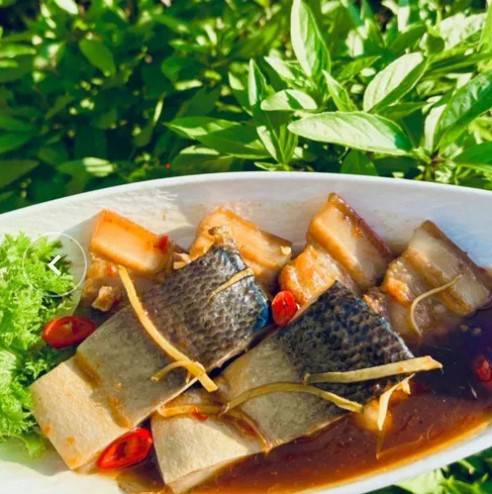
The move by many Taiwanese farms to reinvent themselves from purely agricultural ventures into destination leisure farms is not only to cash in on the tourism gravy. It is also “so we can ensure that our farming traditions and local culture are preserved and handed down to younger generations,” said Leo Fang, a longtime eco- and agritourism advocate who has received awards for his work in the industry.
With many rural areas in danger of emptying out as the children of farmers and local residents opt to move to cosmopolitan areas like Taipei and Taichung, reconfiguring the old family farms into viable hospitality destinations with modern amenities, but still rooted in the local community, has offered a way for the children to come back and regenerate their ancestral properties, the way Wu of Fairy Lake Leisure Farm did.
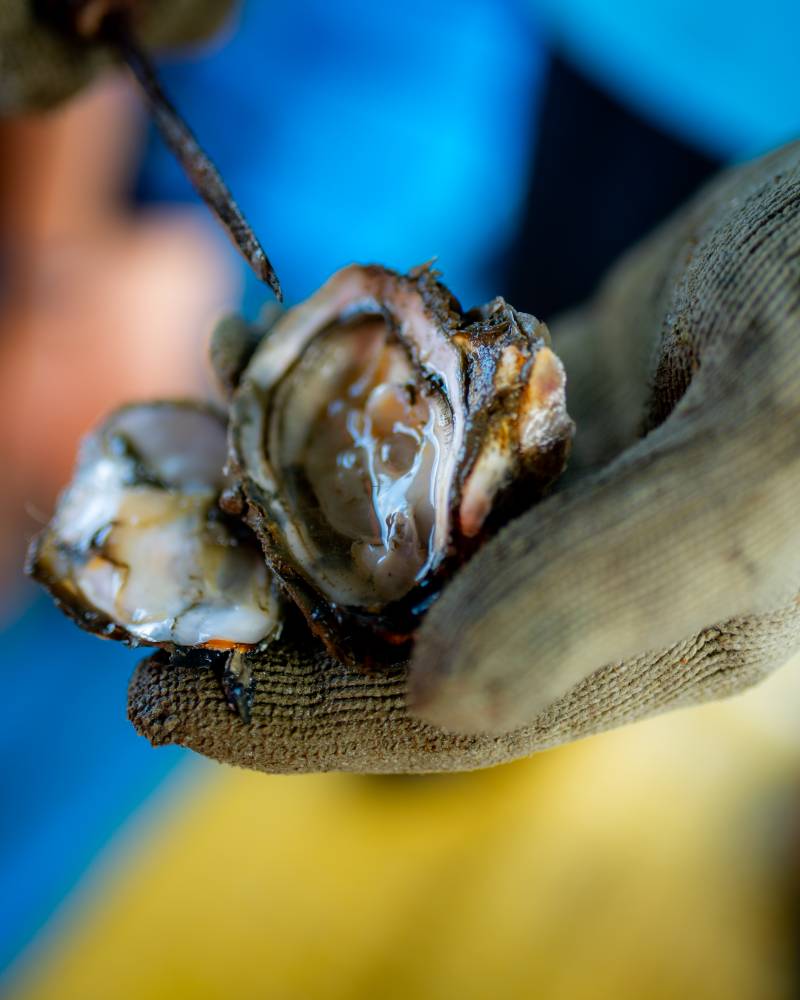
The next time you fancy visiting Taiwan, why not stray off the beaten tourist spot for a change and swap the city lights for one or two or more of the country’s vibrant leisure farms, one singularly different from the other? The sights will certainly be different, the experience altogether fresh, unexpected, out of the ordinary.
For more about Taiwan’s leisure farms, call Everbright Travel & Tours, 8242-6961, email everbrighttravel11@gmail.com; or Taiwan Leisure Farms Development Association, +886-3-9381269, fax +886-3-9382610, or visit taiwanfarm.org.tw. EVA Air flies from Manila to Taipei daily.




